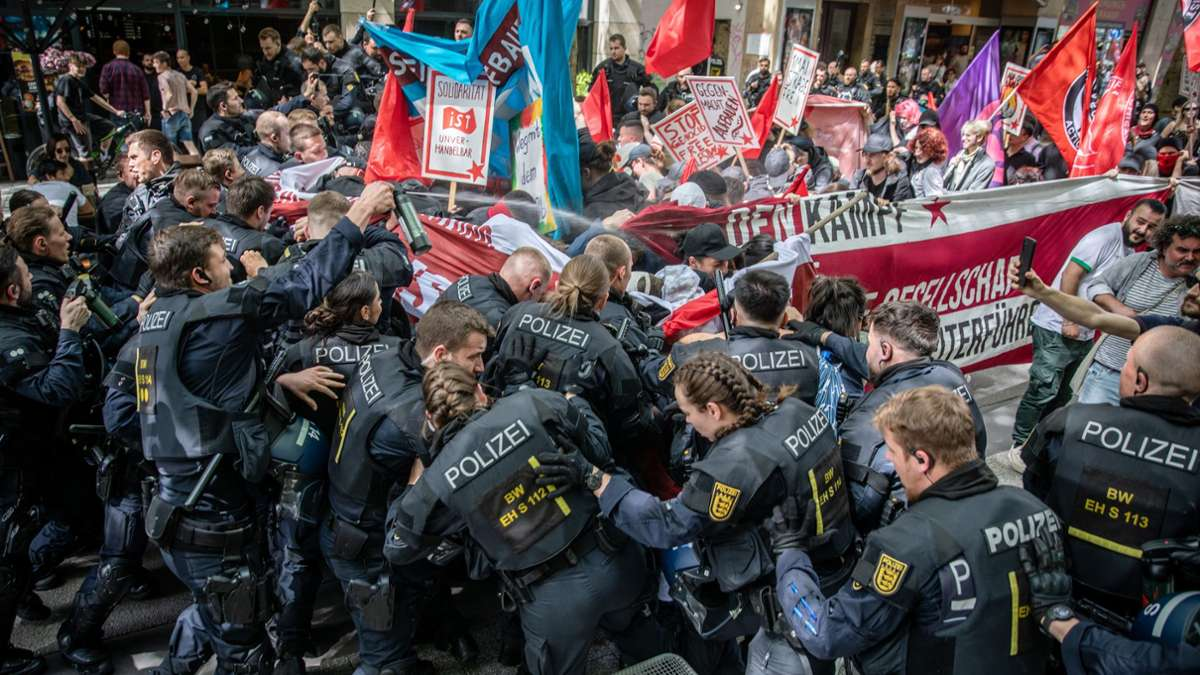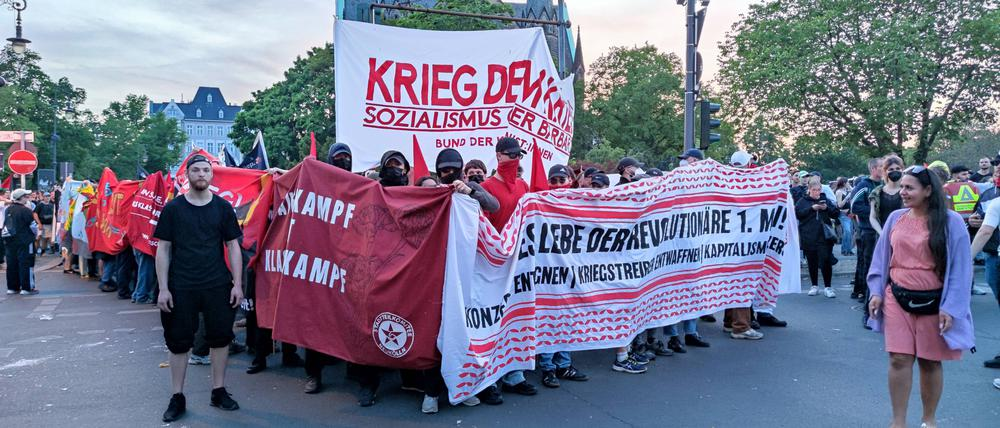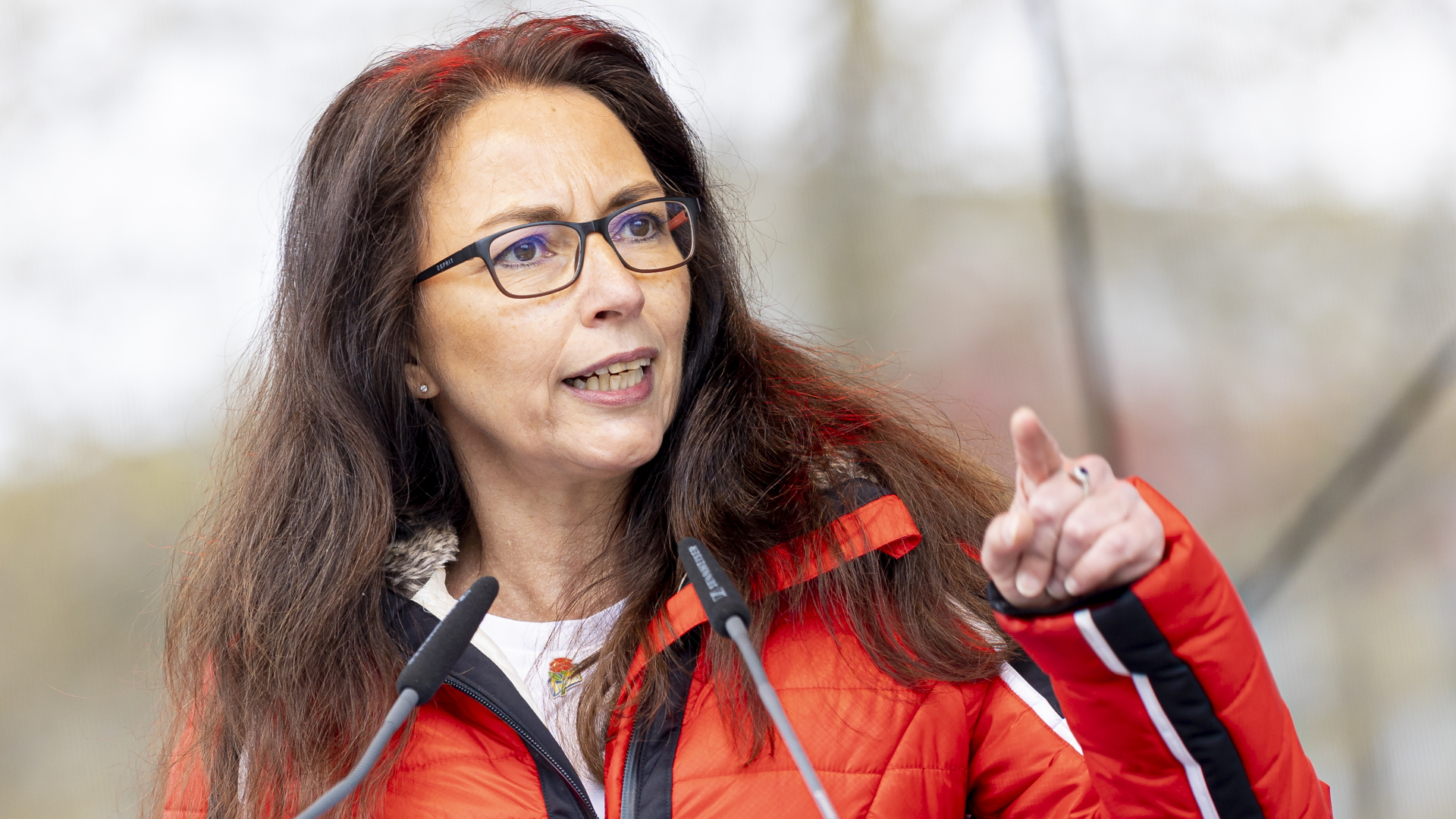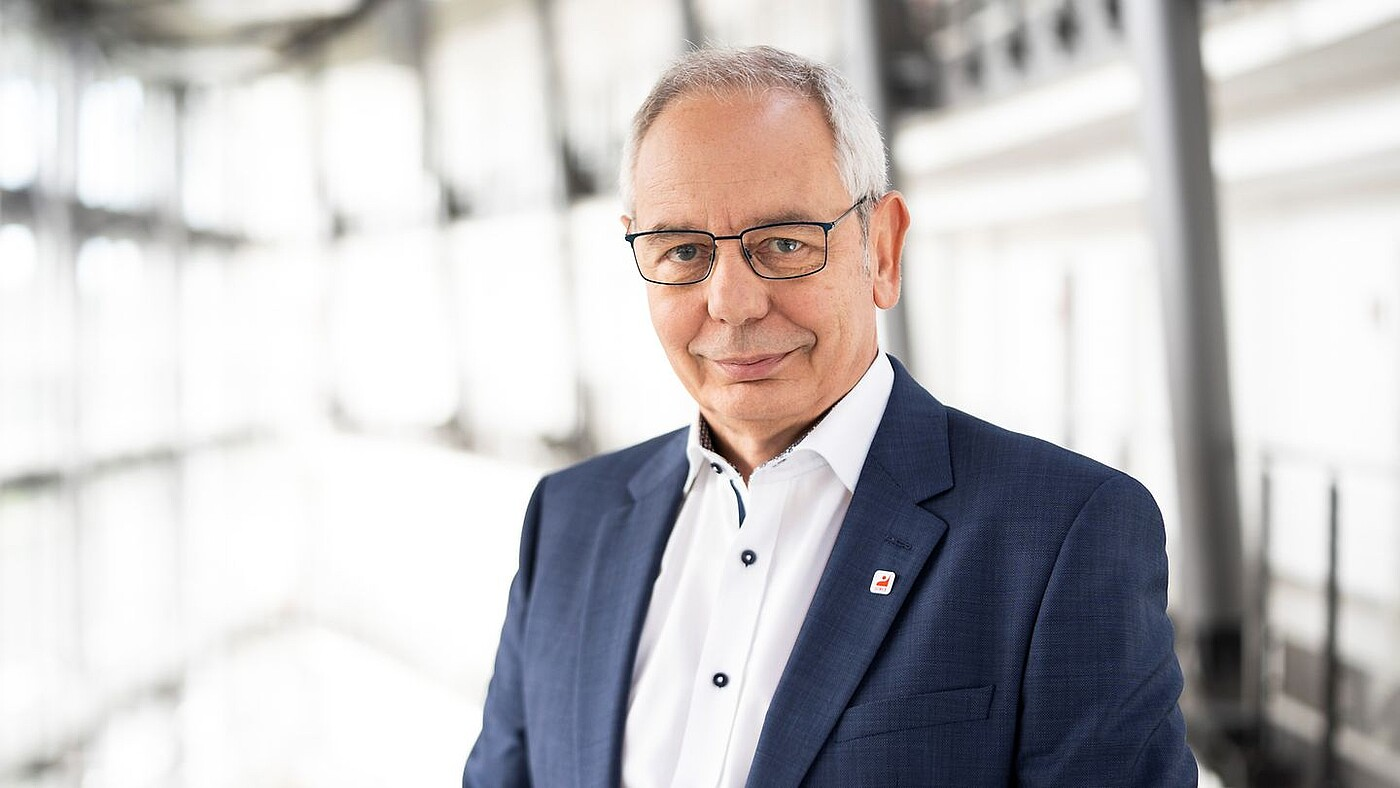Thousands of Germans took to streets across the nation to protest a number of concerns, including the Israeli-Palestinian conflict, border security, and “social cuts,” according to protestors.
The Protests:
An estimated 20,000 people took to the streets of Berlin, Stuttgart, and Hamburg, many of them members of left-wing parties alongside various unions who took part in the annual march.
While the protests in Berlin and Hamburg were largely peaceful, police deployed forced dispersion tactics against those gathered in Stuttgart after demonstrators attacked police with pepper spray, wood beams with fastened screws, and other improvised weapons. While the conflict reportedly began with a small group of demonstrators, the sentiment quickly spread across the main body of protestors, who began to harass police who were attempting to disperse the original group.

Ultimately, the entire demonstration in Stuttgart would be called off with police claiming that “the assembly management and the participants were completely uncooperative,” thus “the assembly was dissolved by the assembly authorities.” Police successfully arrested 167 demonstrators, seizing a large amount of pyrotechnics, disguise material, fire extinguishers, and smoke bombs.
However, protestors denied allegations of attacking Stuttgart police, with Kim Northeim, a spokeswoman for the demonstration, stating that “the police’s claims are completely unfounded and serve only the purpose of constructing a retrospective justification for the violent attack on the demonstration.”
Authorities have not released a total number of wounded demonstrators during the confrontation with police; however, Northheim stated that “95 people were injured as a result of police attacks.”
While Stuttgart reported conflict with authorities, both Berlin and Hamburg stated that no major confrontations with police or other problems had occurred. Authorities stated that 11,600 people gathered in Berlin, while organizers claimed that the number reached 25,000 to 30,000. Protestors in Berlin were met with a large police presence assigned to the protest due to the historic riots that came during previous Workers’ Day demonstrations, along with concerns regarding the possibility of an anti-Israel demonstration taking place.

While there were anti-Israel and pro-Palestine banners and signs at the demonstration, police did not intervene. Furthermore, Berlin police reportedly secured “stone deposits” along the demonstration’s route, possibly preventing the protest from turning violent.
Hamburg police reported that over 9,000 people took part in the demonstration, an increase of approximately 4,000 from last year. While authorities did not report any major confrontations, a demonstration held by the Rote Aufbau Hamburg (Red Construction) took place at the Landwehr S-Bahn station, where various pyrotechnics were set off.
Red Construction is a communist organization that is currently monitored by Germany’s Office for the Protection of the Constitution (BfV) regarding concerns about left-wing extremism.
A Call for Action Against the “Far-Right”:
During the demonstrations, Jasmine Fahimi, the chairwoman of the German Trade Union Confederation (DGB), expressed the importance of unions in a democratic system alongside calls to “put brown agitators in their place.”
“Trade unions are the solidarity of employees in order to develop self-organized power independent of governments,” Fahimi said in her speech during the demonstrations before claiming that it is because of this power that unions have pitted unions against the political right. “Why? Because independence and power through one’s own efforts always contradict the authoritarian omnipotence and control fantasies of the right-wing ideologues.”

“We trade unions must and will do everything in our power to stop the extreme right and push back their divisive activities until these brown agitators have been put in their place,” she continued.
The chairwoman further called for expansion and defense of Germany’s “welfare state,” urging the SPD to take a more proactive stance in regards to economic and labor reforms within Germany. Fahimi further criticized those who opposed welfare policies while targeting German high-earners, stating that “instead of pitting people on income and those on minimum wage against each other, we should look at the absurdly high wealth that some people have and how they live in luxury.”
She then stated that those who claim that Germans have to be “encouraged to work” were “disrespectful” to the German people, claiming that between 1.3 and 2 billion overtime hours are worked in the country every year while half of them are unpaid.
Similar speeches were heard in two other German cities, with the chairman of the Industrial Union of Mining, Chemicals, and Energy (IGBCE), Michael Vassiliadis, speaking in Cologne. Vassiliadis called on employers to ensure that workers do not lose real wages in the face of inflation.

“Inflation has calmed down; the economy is picking up; now is the time to give people back their purchasing power on a permanent basis,” Vassiliadis said in his speech.
The Prime Minister of Lower Saxony, Stephan Weil, spoke in Hannover, similarly calling on employers to work with unions to implement better working conditions. Weil further celebrated the 75th anniversary of the Basic Law, which protects workers’ rights to the formation of unions and employers’ associations, before stating that employers and unions must work together for the future of their industries.
“I have no understanding of why more and more companies are evading collective agreements. In times of a shortage of skilled workers and enormous work intensification, this is shortsighted and harms us all,” Weil stated.
Analysis:
The Workers’ Day demonstrations are a key factor in assessing the SPD’s and other left-wing parties’ strength in Germany and will be essential for Germany’s upcoming European Parliament elections slated for early June. Furthermore, the protests showcase the international influence the Israeli-Palestinian conflict has over uninvolved nations as demonstrations break out across Europe and the Americas.


